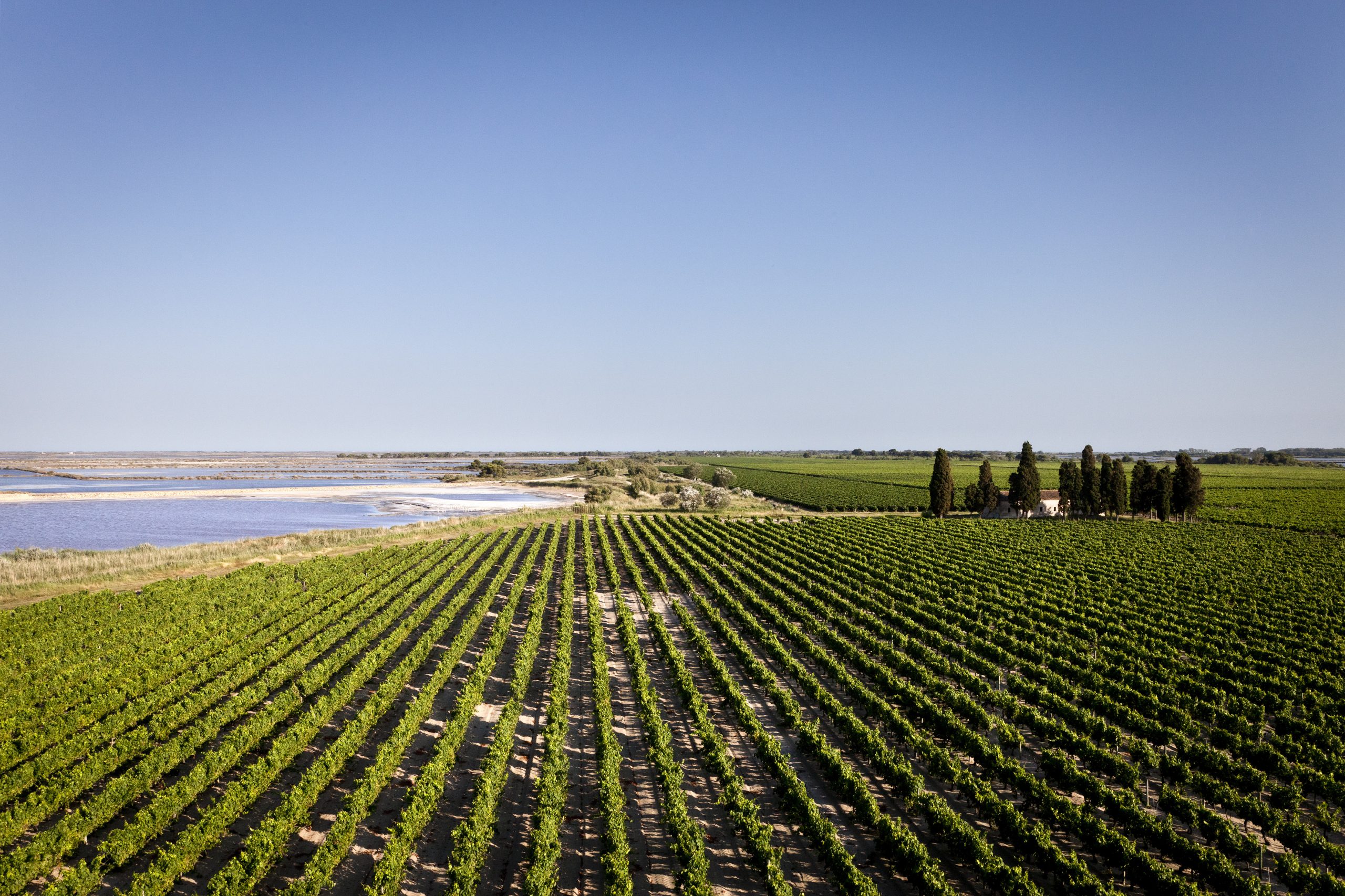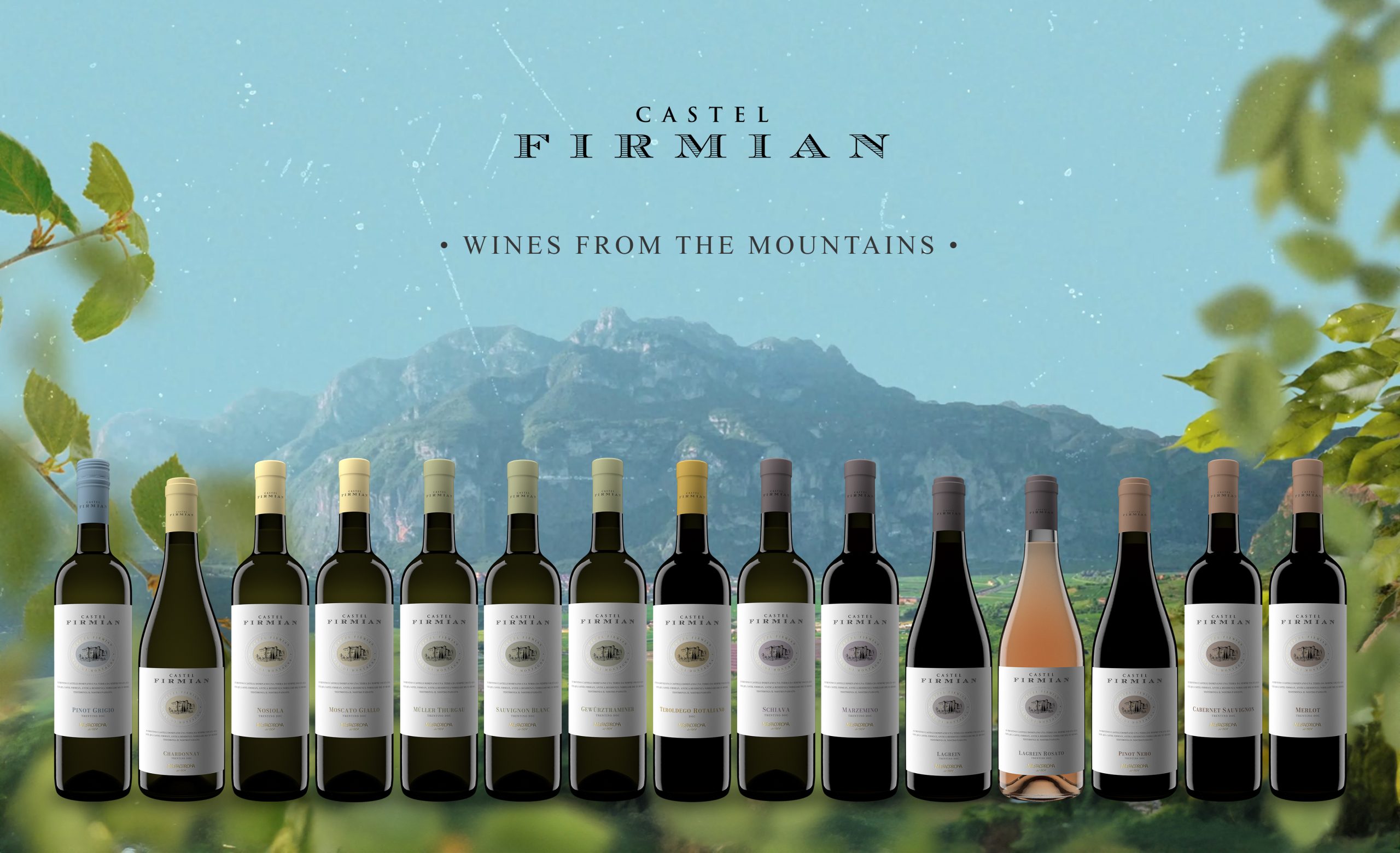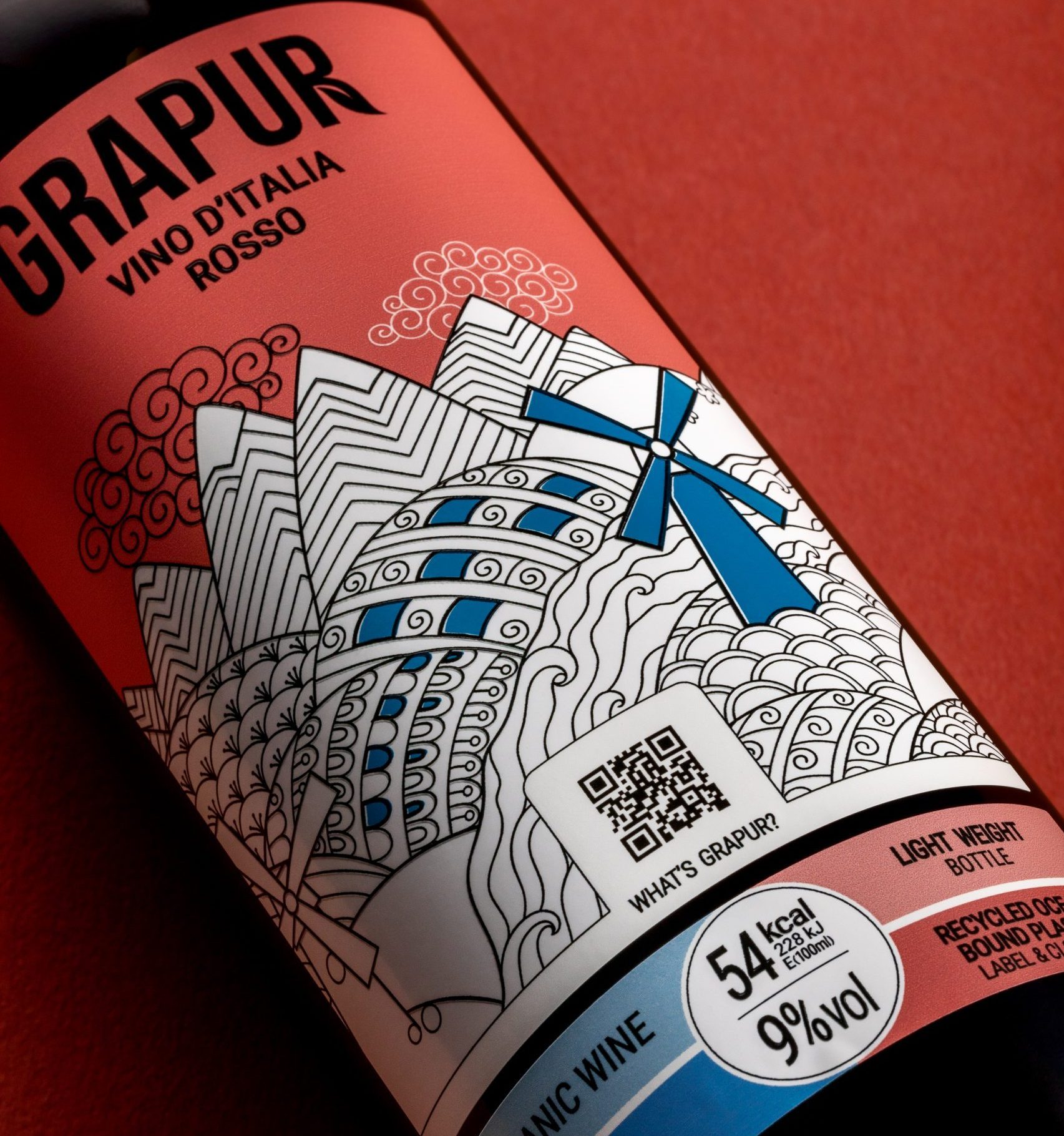Casks of Distinction: ‘It’s all about the experience’
Diageo’s Casks of Distinction programme enables ultra-high net worth collectors to purchase their own cask of rare, long-aged whisky – but there’s much more to the initiative than a simple monetary transaction, as Richard Woodard discovers.
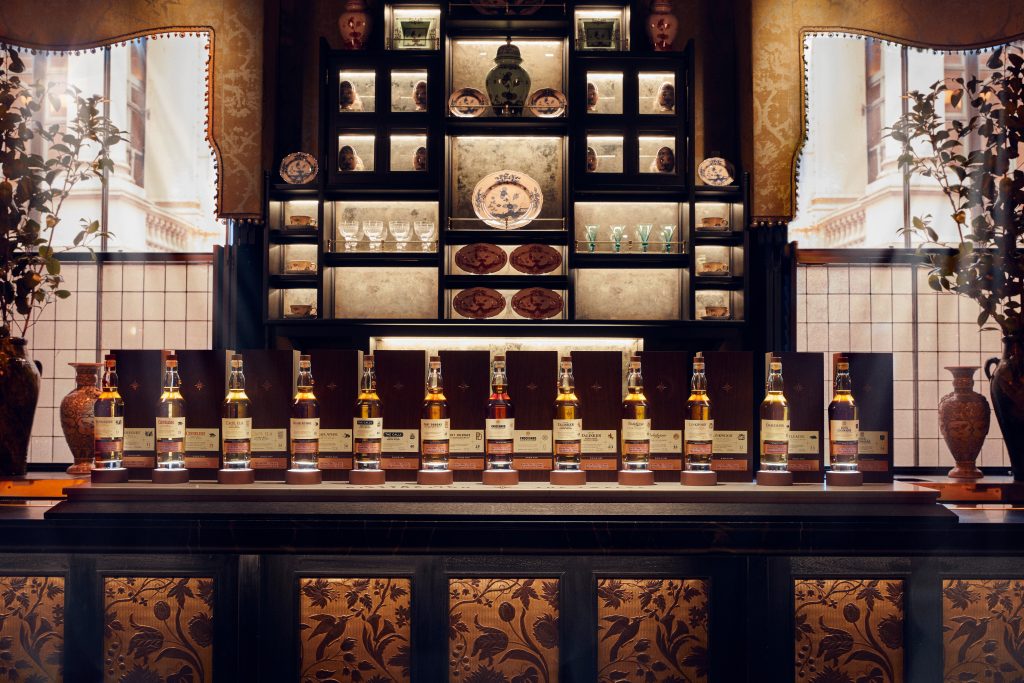
In June 2022, two of the rarest casks of single malt Scotch whisky in existence – filled at the coveted ‘ghost’ distilleries of Port Ellen and Brora before their closures – were auctioned by Sotheby’s in London for more than US$1m each. The pair were sourced as part of the Casks of Distinction programme – the VIP private cask purchase programme operated by Diageo, the distilleries’ owner.
The sale lifted the lid ever so slightly on an activity that is by its nature fairly secretive: the sale of rare, long-aged casks of Scotch whisky to UHNWI clients from all over the world. Conversations between company and customer are necessarily private, with little or no fanfare when a sale is concluded. In this rarefied part of the Scotch whisky business, loud, headline-grabbing deals such as the US$19m sale of an Ardbeg cask in 2022 are still exceptions to the rule.
A little more of this hidden world was revealed last autumn, when James Mackay, Diageo’s global private client director, took the company’s programme on the road. ‘The Twelve’ by Casks of Distinction showcased rare, single-cask liquid from 12 distilleries at events in three cities: London, New York and Singapore.
“We made a deliberate change after seven years of running the programme,” Mackay tells db. “We figured first of all it was worth doing a proper roadshow in three cities – to talk about it and lift the veil a bit.”
Every seat was filled at the invitation-only events, and opportunities to taste some of the 12 casks were as much as five-times oversubscribed. Alongside a few of Diageo’s most famous single malt names – Talisker, Clynelish and Dalwhinnie – were less heralded distilleries such as Benrinnes, Blair Athol and Dailuaine.
To Mackay, the exercise proved that, despite negative headlines around the fine wine and spirits market over the past couple of years, this part of the sector remains in rude health – and is now evolving in terms of its typical demographic.
“I would say it’s properly global – hence the three legs on our ‘Twelve’ roadshow,” he says. “We see continued demand, and from a more varied and diverse consumer base. There was more female participation than perhaps we expected, and also from younger people.”
So is the old cliché of a male-dominated whisky collecting scene shifting at last? “I think that’s the original starting-point, but it’s changing pretty quickly. It’s not 50/50, but every year there are more female and young clients, and more cross-generational interaction. Often it will be a family, or a father and son or daughter, buying a cask.”
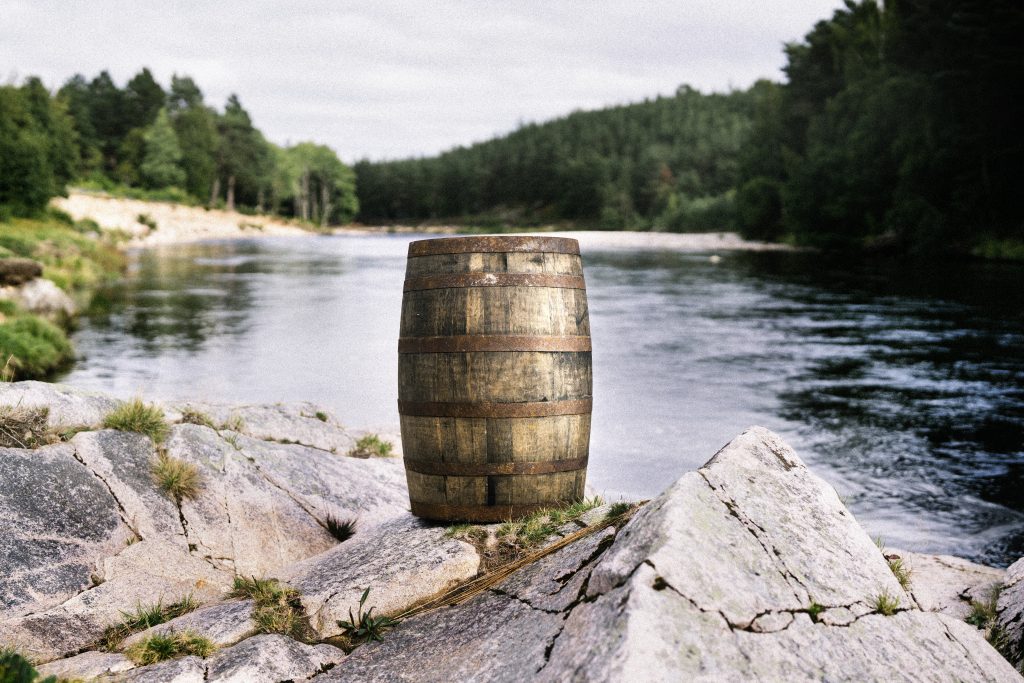
The essence of Casks of Distinction is pretty simple. Someone buys a cask of maturing whisky from Diageo, then has it bottled at any point up to a maximum of five years after the agreement.
Why five years? “We feel that’s the right balance,” says Mackay. “The risks build up, and we don’t want people to get bored. We want to focus on the magic of bringing your friends to see and visit your cask. We don’t want to rush it, or leave it open-ended so it gets too complicated.”
Partner Content
The process – from initial contact to closing the deal – is never rushed. “I like to sit down [with the client] and explain what it is and what it’s not,” says Mackay. “I always try and set the tone by saying it’s like investing in a racehorse, rather than a consumable product.”
Most people, in his experience, start out with a specific goal in mind. “It’s usually ‘I’ve always dreamt of having my own Mortlach cask, or Talisker cask,’” Mackay says. “But the planning process is immensely valuable and, by the time that’s ended, their minds might have changed completely.”
Tasting is usually the key deciding factor – and preconceptions are often overturned at this stage. “Usually there’s a period of reflection,” says Mackay. “There’s a tasting of at least three different options, and the whole process can take a few months. It’s a big decision and very personal.”
Payment covers up to five years of storage and insurance, bottling (these are official distillery bottlings, but with a certain degree of personalisation allowed) and what Mackay describes as “a number of experiences”.
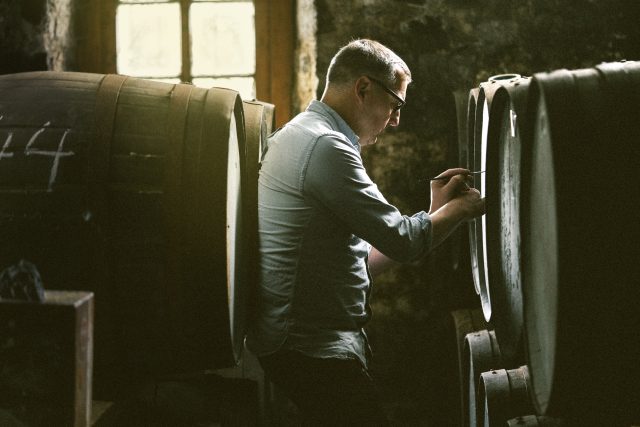
The latter represents the biggest change to the Casks of Distinction concept since it began. As well as involving large sums of money, these are immensely personal transactions – often geared to significant family or corporate milestones, with the bottles that result used for gifting, sharing and entertaining with important professional or personal contacts.
“From the very beginning of this in 2015/16 it was a pretty simple idea, which was to purchase a cask of whisky while it’s still maturing, and end up as the lucky owner of some incredibly good-quality whisky,” Mackay explains. “But, over the years, it has evolved into something different.
“Our clients use those five years to really pack in an incredible amount of activity around the casks. They might make the bottling into a major life milestone, for example by renting a plane to fly in friends and business clients, really making an occasion of it in Scotland. And everyone goes away with one or two bottles from that cask.”
This recalls the Sotheby’s Port Ellen and Brora cask auction from 2022: the Brora purchaser didn’t just acquire a 1982 refill American hogshead from a legendary distillery, but also a collaboration with New Zealand-based photographer Trey Ratcliff. “That’s now happened,” says Mackay. “And the cask owner and the photographer are great friends.”
As whisky has penetrated ever more deeply into the world of luxury, participants are increasingly looking for much more than just some beautiful liquid with which to impress their friends – instead, they are looking to connect that liquid to once-in-a-lifetime experiences that they can share.
“In that sense, I think it taps into the broader trend in luxury, which usually starts with something tangible, but as the consumers get to understand more, increasingly it’s the experience that becomes more valuable and interesting,” says Mackay.
“In the end, the cask is a platform for experiences and meaningful activities that tie into the client’s other interests. That’s the future we see.”
Related news
Jeroboams launches its own fine wine exchange platform
Bourgogne Wine Board appoints Michel Barraud as new co-president


